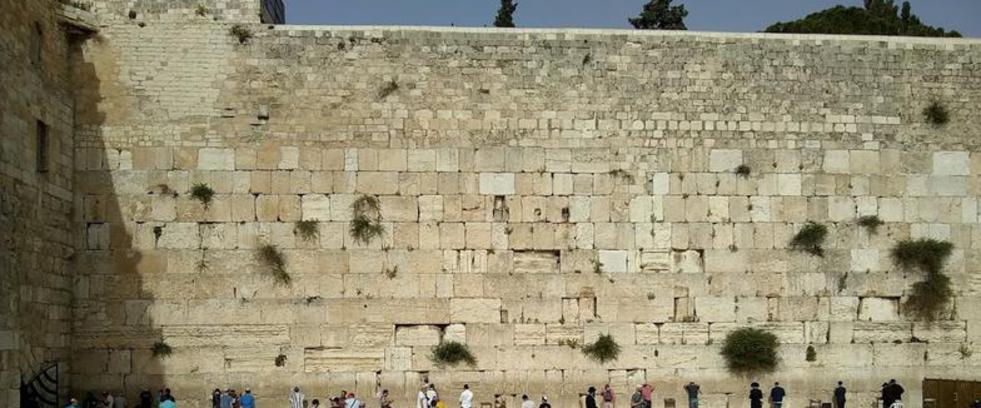בְּנֵי יִשְׂרָאֵל
בְאֶֽרֶץ־גֹּשֶׁן
Bnei Yisrael
Bnei Yisrael (sons, or children, of Israel) are the descendants of Jacob, the son of Isaac, the son of Abraham. More specifically, they are the descendants of Jacob's twelve sons (Reuben, Simeon, Levi, Judah, Dan, Naphtali, Gad, Asher, Issachar, Zebulun, Joseph, and Benjamin). Additionally, Joseph had two sons that Jacob claimed as his own in Genesis 48:5 (Manasseh and Ephraim); therefore, their descendants are also Bnei Yisrael.
Today, many recognized the Jewish people as these descendants of Jacob, and they are right, but only partly. The term "Jewish" actually comes from the name "Judah" and is therefore more accurately used in regards to those who are actual descendants of Jacob's son Judah. However, once the kingdom of Israel split into a northern and a southern kingdom after the reign of Solomon, the southern kingdom became known as Judah. This area called Judah had more than the descendants of the tribe of Judah living in it for sure, but they were certainly a large majority. It is likely that those from the tribes of Levi, Simeon, Benjamin, and others also lived in Judah. On the other hand, a majority of the descendants of the other sons of Jacob lived in the northern kingdom, which took on the name "Israel" and is also referred to as "Joseph" or "Ephraim". Both of these kingdoms were eventually exiled from the land which had been promised to their forefathers, due to their sins. The northern kingdom was exiled a little more than a hundred years before the southern kingdom and, as far as can be discerned from the historical record, has never returned. The southern kingdom, however, was allowed to return to the land in a relatively short period of time, and we read about that in the books of Ezra and Nehemiah.
What happened to the rest of Bnei Yisrael? According to the Tanakh (Deut. 30:3; Isa. 56:8; Jer. 30:11, 31:10; Ezek. 11:16-17, 20:34, 34:16; Ps. 44:11; John 11:51-52), the descendants of Jacob were scattered throughout the nations of the world. While a remnant (primarily Judah) were allowed to maintain their identity and some connection to the land, the others lost it all. Yet, while these descendants of Jacob lost themselves, so to speak, the Elohim (G-d) of Israel did not lose them nor did He forget about them, as is evident in the above passages. Furthermore, He has promised to one day gather them up from the nations where he has scattered them and restore them to their land. Bnei Yisrael long for this day.
In addition to the above, Bnei Yisrael consist of more than just the physical descendants of Jacob's sons. According to the Tanakh, those who make the Elohim of Israel their Elohim, and accept His ways as their own, become a part of His people. Ruth the Moabitess is one of the earliest, and clearest, biblical examples of this phenomenon. Later, we see that those from the nations who put their trust in Israel's King are also granted citizenship (Ephesians 2:11-22).
